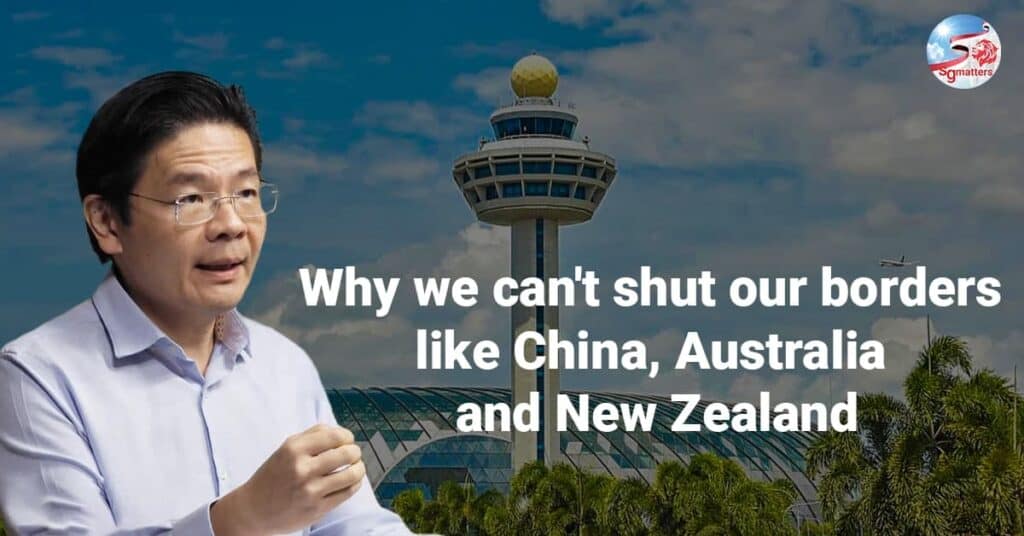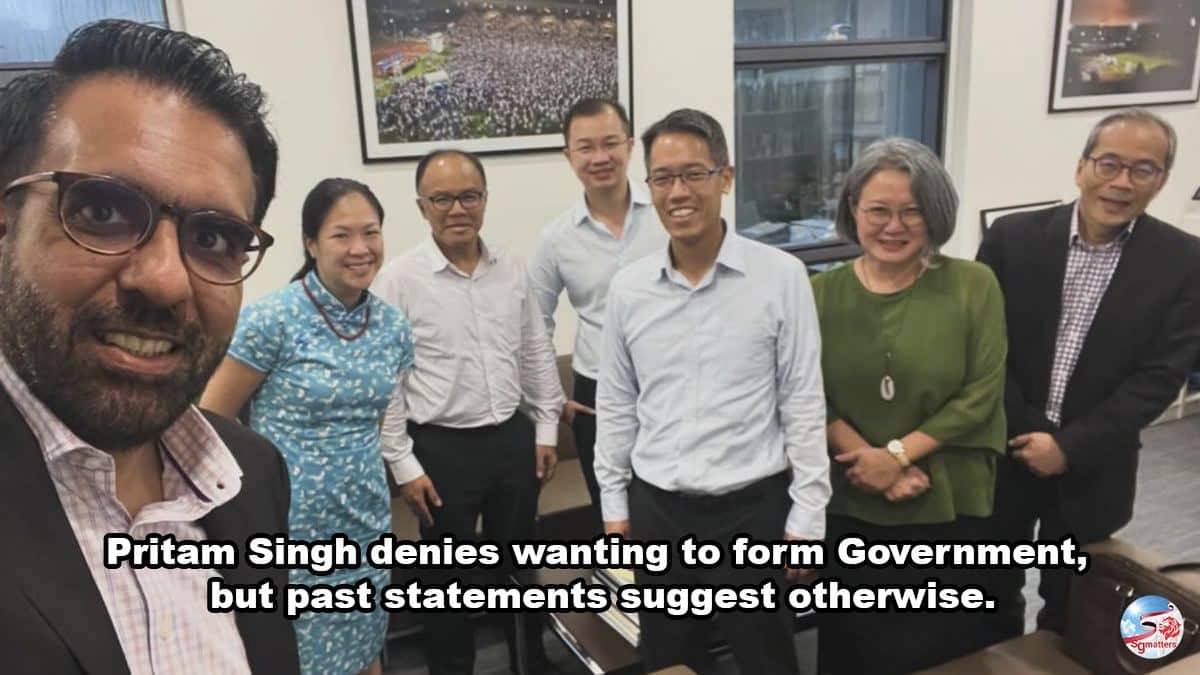In his ministerial statement in Parliament (10 May), Education Minister Lawrence Wong who is also co-chair of the Multi-Ministry Task Force said larger, continental-sized or resource-rich countries like China, Australia and New Zealand can shut their doors and minimise the flow of people but Singapore cannot.
“They are able to keep things going with their own resources and people, and sustain a living with their own domestic demand.
But Singapore is in a completely different position. We are a little red dot fully plugged into the world. Trade and travel are our lifeblood – for us, these are not just good-to-have; they are existential issues. They are how, as a country, we earn a living and, remain relevant to the world.”
Singapore can keep our borders closed for a short time, but not over a prolonged duration, he said.
21-day Stay-Home Notice (SHN)
Since 15 March 2021, all newly-arrived migrant workers from the Construction, Marine and Process (CMP) sectors from higher risk countries were already required to serve 21-day SHN. The newly-arrived workers would serve out 14 days in the SHN facility, followed by seven days in the migrant worker on-boarding centres.
Subsequently, workers from Bangladesh, India, Sri Lanka and Pakistan were not allowed to enter even though they had already obtained their In-Principle Approval (IPA).
Lawrence Wong said, “We also applied a 21-day stay-home notice for arrivals from the few countries where the variant strains originated from – the United Kingdom, South Africa, and India. But these strains are now circulating everywhere in the world, so it has increasingly become difficult to target just countries where the strains originated from.”
Mr Wong said:
“In April we reduced entry approvals for long-term pass holders and short-term visitors from India. Later we moved to ban all travellers from India. This ban was extended to the entire South Asian region from the start of May.
Perspective in numbers
Pre-COVID, we had 200,000 travellers coming through Changi Airport every day, both on transit as well as entering Singapore. This plummeted during the circuit breaker when we closed our borders temporarily.
By November last year we had about 820 arrivals a day, compared to 200,000 transit and arrivals. Between December and March this year, the figure has been stable at about 1,200 arrivals per day.
Largest contributor of import cases
They are the migrant workers for the CMP sectors as well as foreign domestic workers (FDWs). They account for about 40 per cent of the imported cases over the recent six months.
Manpower crunch in the CMP sector
Mr Wong said:
“The inflow of CMP workers we’ve allowed up to now is still unable to meet our needs. Because every day, every week, every month, many migrant workers have left to go back to their home countries. Whatever numbers we are bringing in barely replace those who have left. Our companies including many SMEs urgently need new workers to make up the shortfall, and have been applying to MOM for approval to enter Singapore.
“The application backlog has been building up significantly, even before we imposed the latest set of travel restrictions on the South Asian region. And now the manpower crunch has worsened.
Impact
Contractors will be especially hard hit.
Building projects will be delayed. Many BTO projects will be delayed by one year or more. Private home buyers may also face delays.
Marine and process sectors will be badly affected. They will find it hard to deliver their existing projects on time, and a few may even have to forgo new opportunities and projects.
Mr Wong said, “These are important sectors that we have taken decades to build – they hire thousands of Singaporean engineers and executives, and they remain crucial sources of highly-skilled jobs.”
Cascading effect of manpower shortage
The manpower shortage will have a cascading effect on the whole economy.
“And our big concern is that if companies continue to face difficulties or are forced to close, we could then end up with higher unemployment and job losses for Singaporeans,” Mr Wong said.
Singapore can keep our borders closed for a short time, but not over a prolonged duration. For us, it is not just a health crisis, it is an existential issue. We have to manage the risk.
[irp posts=”8265″ name=”Phase 2 heightened alert response to pattern of unlinked community cases”]
[irp posts=”7891″ name=”4G Leadership: why you can put your confidence in Chan Chun Sing”]





